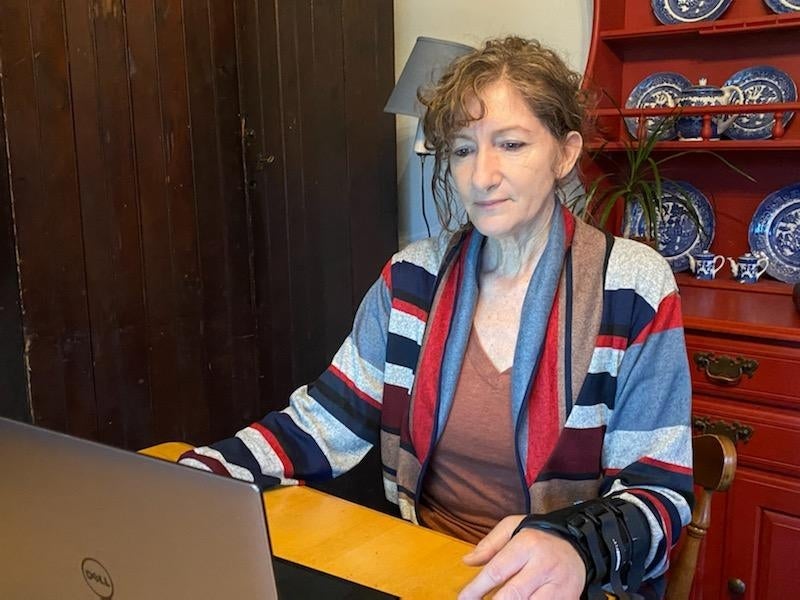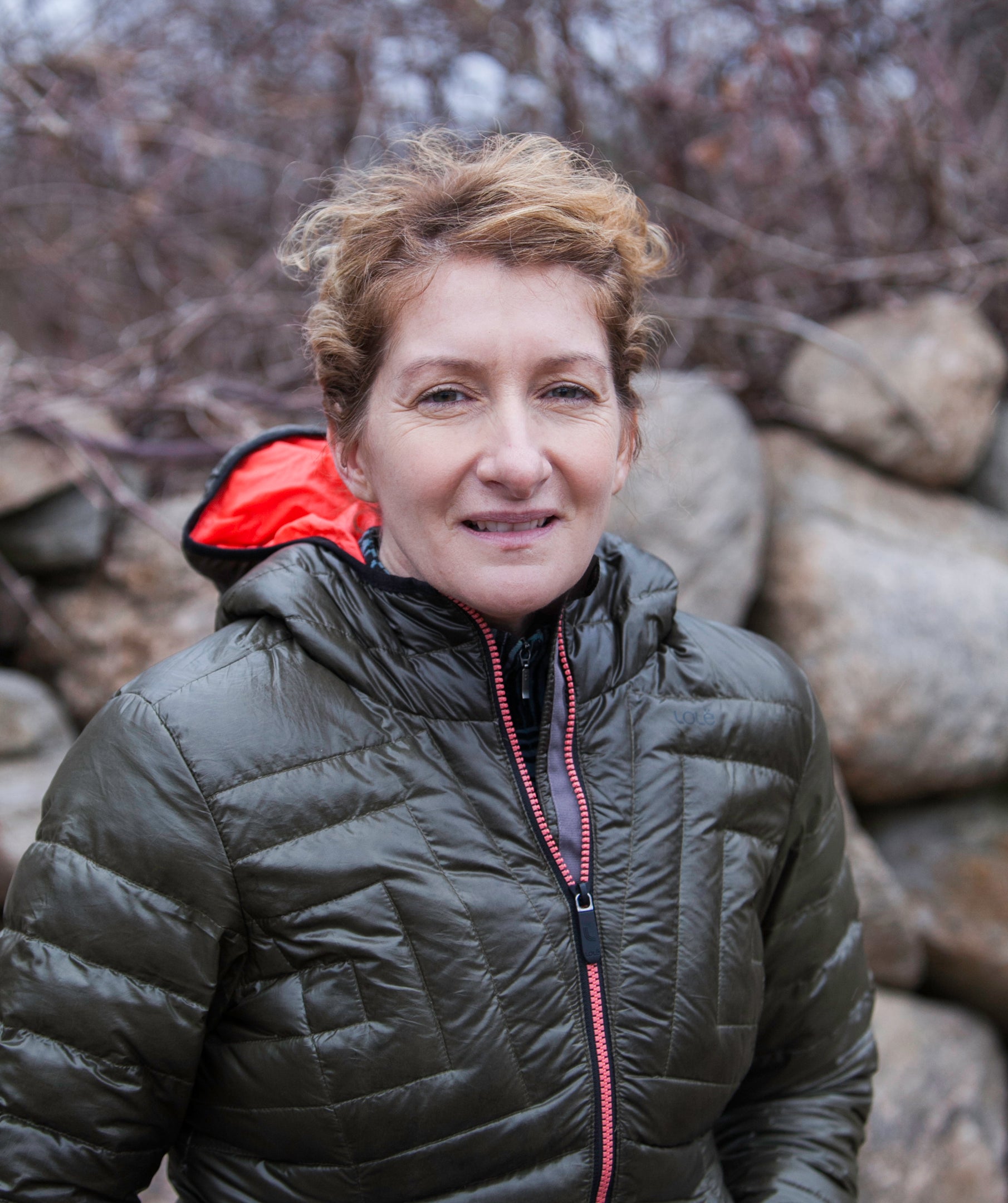KINGSTON, R.I. — April 6, 2020 — You don’t need to know it all, you don’t need to be perfect and it is OK to reach out for help and advice. That is the message when local educators, college students and parents join together on Wednesday nights to swap stories and parenting strategies, ask questions and express frustrations and concerns as part of an open forum webinar.
Hosted by Phyllis Penhallow, a senior lecturer and academic advisor in the Department of Human Development and Family Studies, and Maria DiFonte, a clinical psychology Ph.D. candidate, the webinars are designed to connect members of the community and provide support and guidance during this time of isolation.
“Parents are dealing with many issues right now,” said Penhallow, who with DiFonte is part of the University of Rhode Island’s College of Health Sciences. “Working from home while balancing childcare and homeschooling, changes in finances, children home all day, caring for relatives, daily chores, and social distancing plus worry about the coronavirus is very stressful for parents, especially parents of young children.”
The idea for the webinar came from Penhallow and students looking to make the most meaningful use of their time while remote teaching and learning are happening on the URI campus and across the country as a result of the COVID-19 (novel coronavirus) crisis. With many internships curtailed as a result of the crisis, the webinars allow students to make up hours by sitting in on the discussion and completing an assignment, while also putting their knowledge to use helping parents in the community.

Gianna Chaves ‘20, of East Greenwich, who is double-majoring in human development and family studies and philosophy, expressed her appreciation at being part of the project. “I’m very grateful to be able to participate,” she said. “It is a great way to be productive and to help others at the same time. Giving parents an opportunity to talk with those going through the same thing and to hear from people with expertise in the area can make a difference in alleviating some of the stress and anxiety they may be feeling.”
Given the level of anxiety across the nation, Penhallow says a common concern she hears is how to explain what is happening to children. Some specific advice she gives parents:
- Limit news intake. Confine the amount of news you consume to once or twice per day both for your and your children’s anxiety levels. Children will inevitably pick up some information if the TV is tuned to the news all day.
- Don’t feel as if you need to explain everything. If your children have questions, first ask what they know already. Fill in the gaps or clarify misinformation.
- Always talk about people who are there to help and what they are doing. It’s important for children to understand that there is good in the world and that more people are helping than not.
- Take care of yourself. Practice self-care by taking a walk or getting some fresh air. You don’t need to be perfect. There is a lot going on. Give yourself credit for what you are doing right.
Webinars will be held every Wednesday evening at 8 p.m. through April. Parents of children of all ages are encouraged to attend and participate. To join the webinar, email pcpen@uri.edu.

